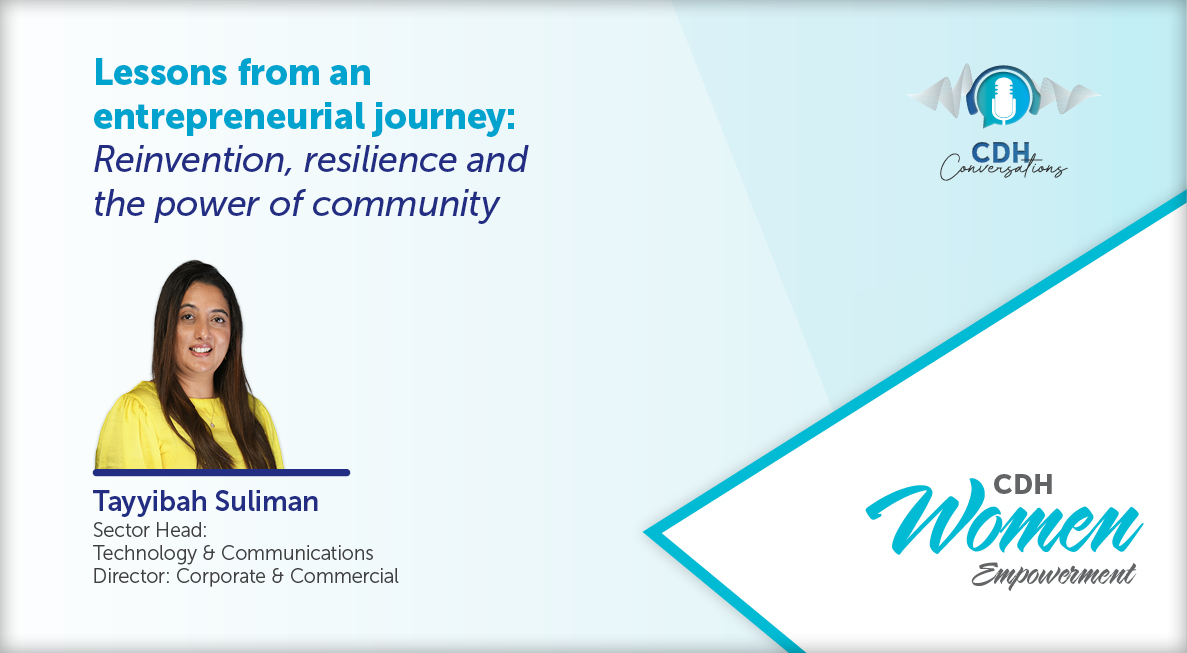The Electronic Communications Amendment Bill: Too soon to call
This draft bill was open for public comment by stakeholders until 31 January 2018. Its inordinately brief comment period should not belie the enormity of change it proposes. The policy and objectives upon which the draft Bill is based, include, amongst others, economic growth and transformation, the cost of communication and the need to create a digitally inclusive information society capable of addressing the demands of what many are now referring to as the “fourth industrial revolution”. The draft Bill claims to give effect to this vision by offering to radically transform the ICT sector by:
- providing for the enforcement of broad-based black economic empowerment;
- reducing duplication of infrastructure by encouraging service–based competition through the establishment of a wholesale wireless open access network (WOAN);
- providing a much-needed open access framework for communications licensees to deploy networks and facilities; and
- implementing new approaches to grow and allocate high demand spectrum (where demand exceeds supply) on an open access basis.
With a growing clarion call by consumers for “data to fall” and mixed responses from the Information and Communication Technology (ICT) sector to these proposed changes, this article highlights a few of the key issues that arise.
A welcome innovation in the draft Bill is chapter 4 which stipulates the rights and obligations of licensees, landowners, municipalities, landlords, tenants and customers regarding how licensees deploy their networks and facilities on public and private land in respect of approvals for rights of way and the granting of wayleaves. While the Bill includes proposals for areas that are already “adequately served” by existing fibre in the ground and for new “single trench” rules to be enforced in order to avoid duplication of facilities and disruption to public roads, the proposals still require some specificity on key considerations such as terms and the compensation payable for access. It is precisely such issues that led to the Constitutional Court’s 2015 decision in City of Tshwane Metropolitan Municipality v Link Africa (Pty) Ltd and Others (CCT184/14) [2015] ZACC 29; 2015 (6) SA 440 (CC); 2015 (11) BCLR 1265 (CC) (23 September 2015). Further, it is precisely the varying approaches to rules of access and the compensation payable, taken by different municipal and private land owners that continues to perpetuate a piecemeal approach infrastructure deployment in the sector.
The Chapter also proposes new statutory structures although their precise mandates and legal authority on which they are established still require detail: a Rapid Deployment National Coordinating Centre and a Rapid Deployment Steering Committee. Through regulations, the committee, in conjunction with the centre will:
- Oversee and ensure coordination of activities and processes for rapid deployment of networks and facilities;
- Set out dispute resolution procedures;
- Set out standard processes and procedures for wayleaves and approvals;
- Coordinate the planning and roll-out of ICT infrastructure at a municipal level; and
- Set out the requirements for single-trenching for fibre deployment.
The Bill proposes the licensing of a new entity, known as “the WOAN”, anticipated to receive all unallocated high-demand spectrum, which will be made available through the WOAN to other licensees on a wholesale open-access and non-discriminatory basis.
The draft Bill also proposes significant changes to how spectrum policy is developed, how spectrum is planned, allocated and assigned, all of which anticipates changes to the roles of the Minister and the Independent Communications Authority of South Africa. These proposals have massive ramifications for the sector and we await the outcome of the commentary as there are still persistent questions as to the potential impact of the draft Bill on the sector, to competition, pricing, existing high-demand spectrum and the requirements for minimum capacity purchase commitments to the WOAN for licensees, amongst others.
The draft Bill has other proposals that require attention, including:
- increasing and revising universal service obligations;
- the role and responsibility of the Minister in respect of policies and regulations;
- regulating roaming in SADC;
- how the industry is consulted;
- spectrum trading, sharing and re-farming; and
- the management of competition issues between ICASA and the Competition Commission.
Notably, the draft Bill requires numerous regulations to be gazetted within specified periods and an increased requirement for inter-governmental co-ordination on ICT matters. As submissions have closed, the next steps include an analysis of the comments on the draft ECA Bill and further engagement with the National Treasury, Competition Commission, Department of Planning, Monitoring and Evaluation, and Chief State Law Adviser. After this process, the ECA Bill may be submitted to cabinet and introduced into Parliament to be discussed – in the Department of Telecommunications and Postal Services Annual Performance Plan 2018/19.
The draft Bill clearly raises many issues and has a considerable way to go in a subsequent iteration. Its shortcomings, specifically its possible unintended outcomes and potentially negative impact on competition in the sector, will need to be addressed in order for it to be capable of a meaningful implementation.
The information and material published on this website is provided for general purposes only and does not constitute legal advice. We make every effort to ensure that the content is updated regularly and to offer the most current and accurate information. Please consult one of our lawyers on any specific legal problem or matter. We accept no responsibility for any loss or damage, whether direct or consequential, which may arise from reliance on the information contained in these pages. Please refer to our full terms and conditions. Copyright © 2026 Cliffe Dekker Hofmeyr. All rights reserved. For permission to reproduce an article or publication, please contact us cliffedekkerhofmeyr@cdhlegal.com.
Subscribe
We support our clients’ strategic and operational needs by offering innovative, integrated and high quality thought leadership. To stay up to date on the latest legal developments that may potentially impact your business, subscribe to our alerts, seminar and webinar invitations.
Subscribe




